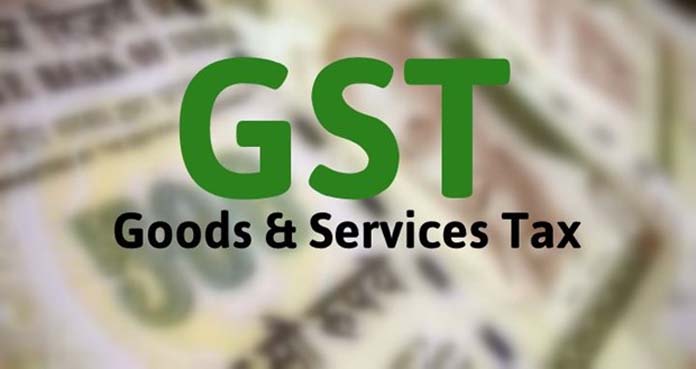We all have been waiting for the GST regime for quite a long time since it was introduced in the Lok Sabha by a selected committee under our finance minister Arun Jaitley in 2014. It took almost two years for a dream of ‘One India, One market’ to come true.
One of the features of the current system is that taxes are non-creditable either due to restrictions in the law or because there is no fungibility between central and state levies. Furthermore, as a result of many applicable levies, an assessee engaged in the manufacture of goods, the sale of goods and provision of services has to comply with payment, reporting and audit requirements under different tax authorities.
Now, all of us know that it will be implemented in this year and the significant change proposed under the GST regime will entail one effective levy of tax on a business as compared to the multiple levies of tax. It will be a dual tax levied by both central and state governments on the supply of goods and services that will replace almost all indirect taxes, i.e. Excise Duty, Service Tax, Value Added Taxes (VAT), Central Sales Tax(CST) and Entry Taxes.
#Scope for industry:
The overall tax on the supply of indigenous goods are approximately 29.37% and the applicable tax on GST rate (6%, 12%, 18% and 26% slab that were under discussion at the GST Council in the last year) will be much lower than the present tax rates on goods. This will lead to a lower tax burden for consumers, better pricing and facilitates a consumption-led growth. It will also play a part to the ‘Make in India’ and ‘ease of doing business’ initiatives led by the government and will improve the overall economy.
#Benefits for E-commerce:
Disputes exist with respect to the payment of VAT in the destination states. Some of the states have also levied entry tax on e-commerce goods. Further, the industry has also faced significant bottlenecks due to scrutiny at check posts. However, Under the GST regime, it is expected that clear guidelines on the taxability of e-commerce transactions will be issued, providing much-needed relief to the e-commerce industry.
#Reduction of Trade barriers
One of the factors leading to the downtime of vehicles is trade barriers, such as check-post inspection, the filing of waybills/entry permits, compliances under Entry Tax laws and local levies. Under the GST regime, the interstate movement of goods will be subject to IGST, wherein all movements will be ‘tax paid’.
Additionally, the GSTN will have an audit trail of the movement of goods across the state boundaries; representation by the industry should be made to the government for the removal of check-post related compliances. This will lead to optimization of delivery schedules and the operational costs of transporters, resulting in competitive pricing.
#Warehouse consolidation:
As above mentioned, the implementation of GST is likely to simplify the trade barriers. Under the GST regime, the interstate movement of goods will be subject to IGST, wherein all movements will be ‘tax paid’ hence there will be consolidation required.
Instead of setting up warehouses in all the cities, now e-commerce companies would look at those clusters especially manufacturing hubs from where they can send the product across the country. This will lead to cost efficiency with reduced cost on transportation, labour and real estate.
#Clarity on the tax collection:
As per the GST regime, the definition of the ‘location of service provider’ should be provided clearly to avoid any ambiguity for the GST tax. For Business to Consumers transaction, the place of supply will be based on the location of the service provider and service recipient in the case of business-to-business (B2B) transactions.
#Conclusion:
Currently, the GST law draft lays to rest many of these confusions, but it will clarify the valuation, the definition of services including intangibles and non-tangible goods, place of supply and point of taxation. However, we believe that the implementation of GST Law will create a healthy and balanced e-commerce ecosystems and benefits all the associated stakeholders.

